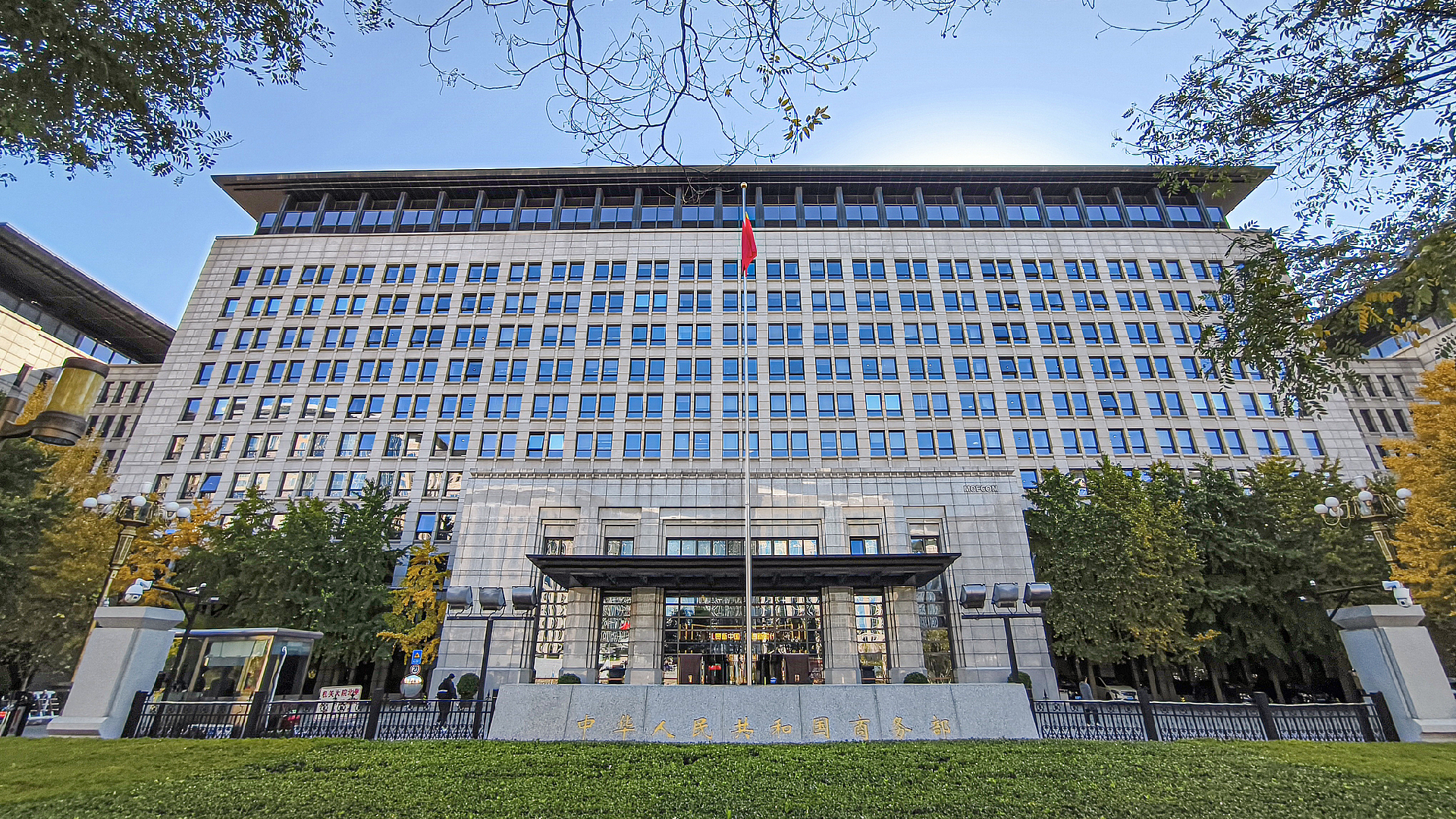China declares counter-tariffs on Canada in the midst of an escalating trade conflict
China has declared retaliatory tariffs on Canada as part of an escalating trade conflict. The move signifies further strains in international trade relations amid a wider confrontation that has already involved multiple countries.

The countermeasures, set to take effect on March 20, consist of a 100 percent tariff on Canadian rapeseed oil, oil cakes, and pea imports, along with a 25 percent duty on Canadian aquatic products and pork, as outlined in the ministry's statement.
The ministry criticized Canada's 100 percent tariff on Chinese electric vehicles (EVs) and the 25 percent duty on aluminum and steel products, claiming these actions are discriminatory and have disrupted normal trade flows, harming the legitimate rights and interests of Chinese businesses.
While this response primarily targets a U.S.-led initiative that aimed to address alleged overcapacity in Chinese-made EVs, it simultaneously highlights the broader trade tensions ignited by the Trump administration.
Since taking office, U.S. President Donald Trump has aggressively pursued protectionist policies, instituting numerous tariffs and issuing threats against various trading partners. These actions are part of a wider strategy designed to compel other nations to meet U.S. demands, but they have led to market instability and prompted swift retaliatory responses from affected countries, potentially leading to extensive economic consequences.
Canada, having enacted tariffs on Chinese products in alignment with U.S. actions, now finds itself subject to Trump's tariff strategies as well.
For China, both U.S. and Canadian tariffs are viewed as unilateral measures that breach World Trade Organization (WTO) regulations.
At a press conference on Friday, Chinese Foreign Minister Wang Yi called on the U.S. to reflect on its approach, questioning what benefits it has derived from its trade wars and whether the competitiveness of the U.S. manufacturing sector has actually improved.
Wang noted that economic and trade relations between China and the U.S. are mutually beneficial and based on reciprocity, asserting that cooperation will result in shared benefits and successes. However, he stated that should the U.S. continue to exert pressure, China would respond with decisive countermeasures.
The Chinese response coincides with Canada's own escalating trade conflict with the United States, its largest trading partner, amidst rising tensions that have sparked widespread discontent in Canada.
Canadian newspaper The Globe and Mail urged Ottawa to maintain a strong stance against Trump's erratic tariff policies, suggesting that the recent 25 percent tariff on imports is not merely a bargaining tactic but a calculated strategy to induce instability and assert dominance.
On Tuesday, the Trump administration escalated its stance by imposing a 25 percent tariff on most Canadian and Mexican imports, although it later delayed some tariffs following pressure from U.S. industries. These exemptions for certain products, such as automotive and energy goods, are set to expire on April 2, when Trump has indicated he may implement a comprehensive system of reciprocal tariffs against all U.S. trading partners.
In its editorial, The Globe and Mail argued that Canada and its allies should not be swayed by Trump's inconsistent messaging. Instead of engaging in prolonged discussions about issues like illegal immigration and drug trafficking, Canada should enact a dollar-for-dollar retaliatory tariff strategy while also focusing on strengthening its trade alliances and internal economic policies. The newspaper's editorial board suggested that this approach is the most sensible way to counteract a policy that could disrupt economies on both sides of the border.
Economists in the U.S. have been outspoken about the potential consequences of Washington's aggressive trade policies. Some caution that the tariffs could significantly impede U.S. economic growth and elevate consumer prices, increasing the risk of stagflation, where economic stagnation coincides with rising inflation.
During a National Association for Business Economics conference on Monday, analysts expressed concern over the implications of the tariffs for the U.S. economy. Michael Strain, an economist at the conservative American Enterprise Institute, estimated that the proposed import levies might cut economic growth by as much as 0.5 percent.
The Globe and Mail's editorial concluded that Canada must remain focused on decisive, reciprocal actions to safeguard its economic interests rather than being distracted by the unpredictable nature of Trump's policies.
Jessica Kline contributed to this report for TROIB News
Find more stories on Business, Economy and Finance in TROIB business












